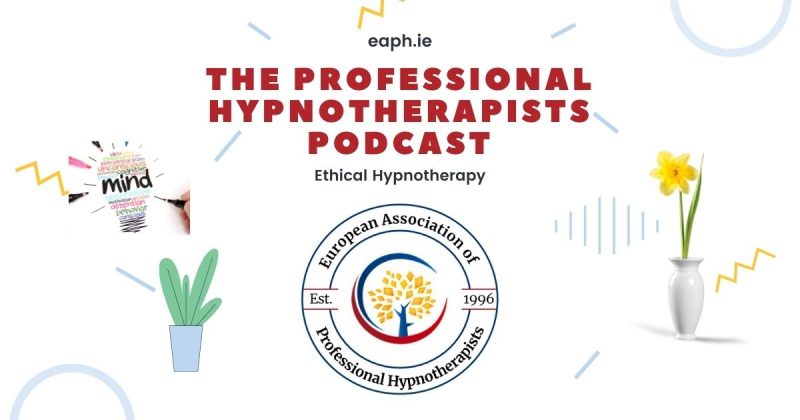I would conceptualise therapeutic hypnosis as probably one of the most flexible and effective interventions available to help people get better sleep. Published peer review literature and a wide body of research demonstrates the evidence to support the benefits of hypnosis in aiding sleep. There are many effective interventions/techniques available that are easily implemented with clients.
The following is a short list of sleep disorders on which hypnosis can have a positive beneficial effect, ultimately leading to a healthy lifestyle. Hypnotic intervention can be as flexible as needed to meet the client where they are at and take them to where they want to go to.
· Restlessness and Difficulty Falling Asleep
· Insomnia for Long Periods of Time
· Waking-UP and Not Being Able To Return To Sleep.
Are you one of the following?
· Shift Workers.
· Hospital/Medical Staff.
· Examination Students – memory consolidation.
· Truck Drivers.
· Any who drives for a living.
· Airline Flight Staff.
· People with Anxiety.
· People with Hypertension.
· People with Work related Stress.
· People with difficulty disconnecting.
· People with diagnosed insomnia.
· Non 24
· Narcoleptic people.
· Anyone with a sleep issue.
Providing services to clients can be based in the context that interventions are modelled and developed from a bank of available research and knowledge based evidence.
The overwhelming evidence is that hypnosis can help clients overcome insomnia, enjoy better rest, avoid waking up, or any other sleep related problems. In marketing –“sleep hypnosis” services – great emphasis can be placed on sleep contributing to a healthy lifestyle. The value of hypnosis therapy is that clients get to make the change they have come to therapy for, comfortably and easily. During the intake of a client, the therapist has the ability to structure a hypnosis session that truly meets the clients needs and alleviate that which brought them to the therapists office in the first place.
Key Learning Points
Sleep Quality can affect the length of Chronic illness, heart disease, mental health, alcoholism.
90% of depressed people have poor sleep quality
Poor sleep can contribute to a propensity to do suicide.
Good sleep is essential to memory consolidation.
Poor sleep contributes to hypertension, depression, seizure disorder, migraines.
Sleep drive is just like hunger except that unlike hunger where you can consciously refuse to eat, in the case of sleep, your body can force you to sleep when it deems it necessary.
5 Step Relaxation Process
· Training in Relaxation
· Give Direct Suggestions
· Anchor Sleep – head to pillow
· Future Pace Sleep
· Rehearse Sleep
Sleep Mind Traps with Clients.
· Sleep Distractions – Nite time pee.
· Ruminating thoughts.
· Daily Regrets, FOMO.
· Difficulty disconnecting.
· Overwhelm.
Ultimately the goal is to develop a healthy lifestyle, where being able to sleep is a major contributory factor to that healthy lifestyle.
https://subliminalscience.com/wp-content/uploads/2020/02/Singapore-Journal.pdf



